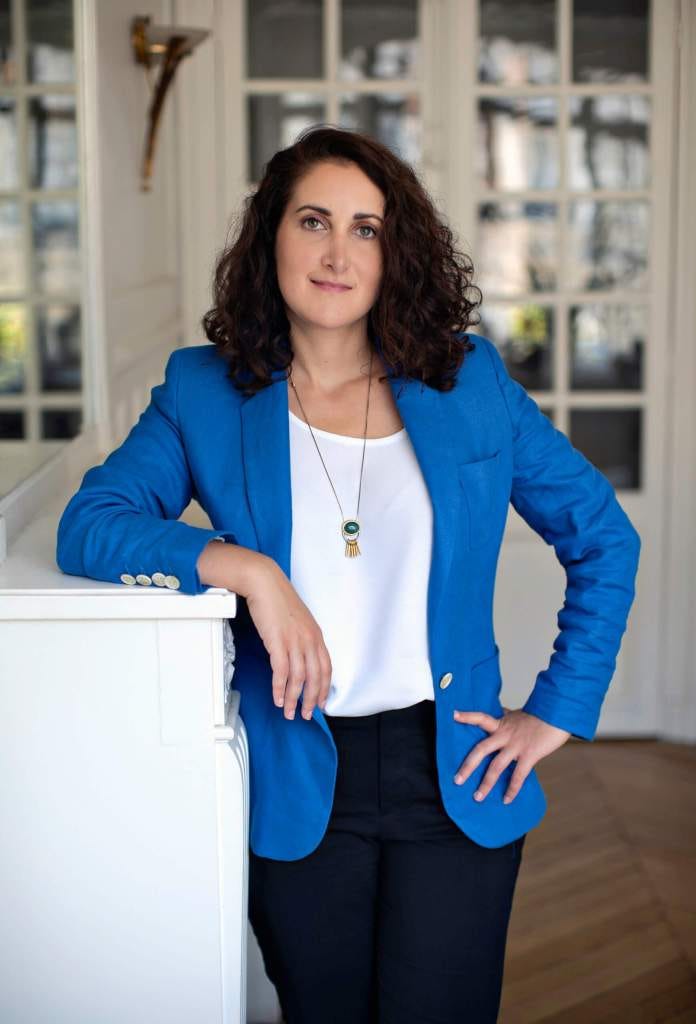Generalists and specialists to make sense of our complex world
2 questions with Rahaf Harfoush
Rahaf Harfoush is a Strategist, Digital Anthropologist, and New York Times Best-Selling Author who focuses on the intersections between emerging technology, innovation, and digital culture.
She is the Executive Director of the Red Thread Institute of Digital Culture and teaches “Innovation & Emerging Business Models” at Sciences Politique’s school of Management and Innovation in Paris. She is currently working on her fourth book.
Rahaf is a member of France’s National Digital Council. In 2021 she joined The Oxford Internet Institute as a Visiting Policy Fellow.
Her third book, entitled “Hustle & Float: Reclaim Your Creativity and Thrive in a World Obsessed with Work,” was released in 2019. She has been featured by Bloomberg, The CBC, CTV, and Forbes for her work on workplace culture.
I reached out to Rahaf after listening to a very insightful Clubhouse talk where she and Kat Cole discussed generalists vs specialists.
Frederic Guarino: As a generalist yourself (I also count myself in the category) you advocate for a larger role for generalists to help make sense of our complex world. What's the advice you can share with us ?
Rahaf Harfoush: My biggest advice is to ignore this odd narrative that there is a competition between generalists and specialists or that one is better than the other.
We need them both: the specialists to deep dive into the nuances and details and the generalists to make interdisciplinary connections.
The best thing to do is understand where you fall on the spectrum and play to your strengths.
I was told for many years to specialize but that was never my personality or my preference.
Figuring out that I was a generalist completely changed the way I approach my work. Now I actively seek out knowledge from different disciplines and I make sure my network has specialists who can fill in any gaps in my skills.
Frederic: You studied in Canada and work in Europe, are there cultural differences between the continents on the perception and use of generalists within organizations ?
Rahaf: Not really. I find that both regions (Canada and France) still hold some traditional preference for specialists, which is reflected in the expertise required when looking at job postings for example.
However, this is slowly starting to change. As companies are competing in an innovation landscape that is fast-moving, people no longer have the ability to have all the needed information, but they need the skills to be able to keep learning.
And that means a candidate profile of someone who is curious, adaptable, comfortable with ambiguity and motivated, might perform better in a role where traditionally we asked for a certain number of years of experience.
Frederic: The series of interviews is 2 questions and 1 prediction for the next 5 years: Your Red Thread Institute is a think tank at the intersection of culture and technology, what's a prediction you can share ?
Rahaf: I never make predictions, but I can say that we are at an inflection point in the world. We are reaching a point where the values we embed in our technology have a massive scalable impact that can influence billions of people.
We’re going to need to make some hard decisions about what we’re willing to trade in exchange for our convenience, and to reckon with the realities of a world where we’ve already sold so much of our private data to companies in exchange for free access to platforms.


